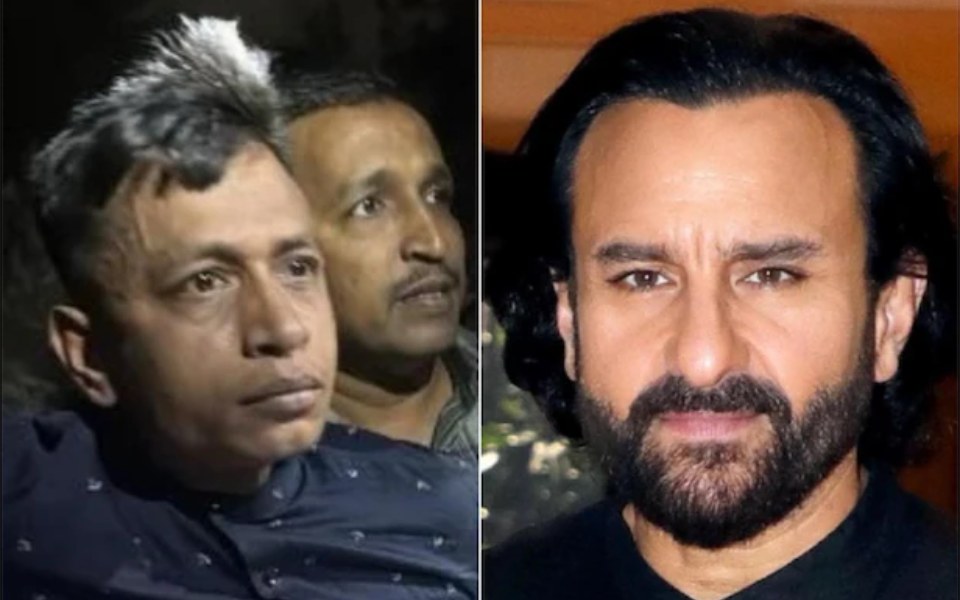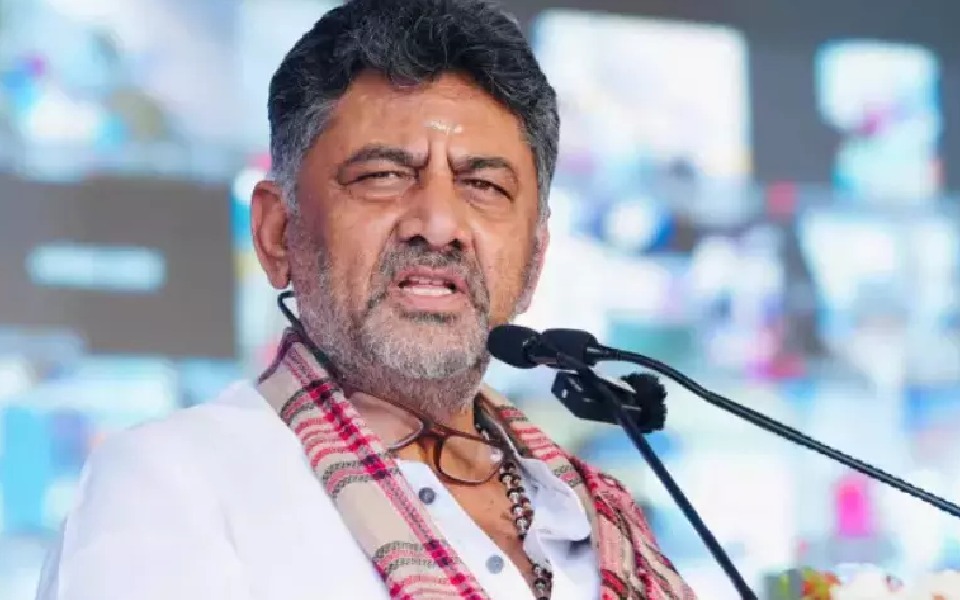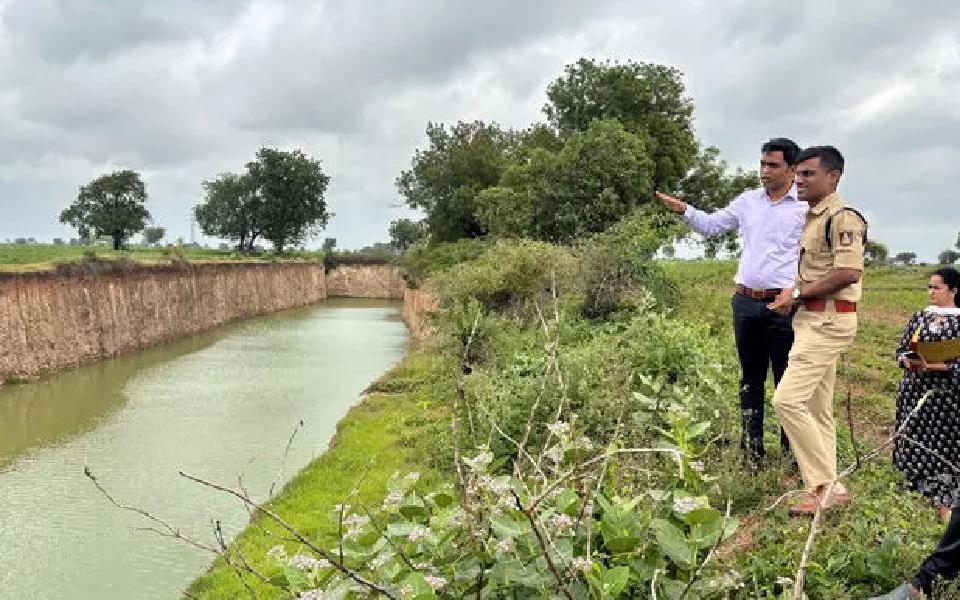New Delhi, Jun 11: Sixteen Indian crew members of a cargo vessel who were in detention for over nine months in Equatorial Guinea and Nigeria have returned to India following the government's lengthy negotiations with the authorities concerned, official sources said on Sunday.
Oil tanker MT Heroic Idun and its 26 crew members, including 16 Indians, were in detention since August last year.
They were initially detained in Equatorial Guinea and subsequently in Nigeria. The ship and crew were accused of various crimes, including oil theft.
"Following lengthy negotiations, all charges against the crew were dropped and the ship was released on May 27 after paying the fines. The Indian crew members have now returned to India," said a source.
The sources said the Indian Mission officials remained in regular touch with the crew and undertook consular access on numerous occasions.
"From the outset, the government of India, through its missions in Equatorial Guinea and Nigeria, and in bilateral meetings, took up the matter with the respective foreign authorities at various levels," said a source.
"They were pressed for early resolution of the issue and repatriation of the Indian crew members," it said.
Following interventions with the Nigerian government, the crew was allowed to remain on board the ship with the provision of regular food, instead of being taken to a detention centre, the sources said.
The crew members were also allowed periodic contact with their families.
The Indian Mission worked with the shipping company for legal representation to be arranged for the crew, they said.
"It was highlighted to the Nigerian authorities that there had been no oil theft; necessary permissions had apparently been accorded; and that the crew was not privy to the decisions of operations," the source said.
Let the Truth be known. If you read VB and like VB, please be a VB Supporter and Help us deliver the Truth to one and all.
Mumbai, Jul 25 (PTI): Police have opposed the bail plea of the Bangladeshi national arrested for allegedly stabbing Bollywood actor Saif Ali Khan with a knife and injuring him at his home here in January this year, telling a Mumbai court there was "strong evidence" against the accused.
Citing a Forensic Science Laboratory report, police reiterated before the sessions court their earlier claim knife fragments that got lodged near the actor's spine during the attack as well as a part found at the crime spot have matched with the weapon recovered from the accused, Shariful Islam.
These three pieces were part of the same weapon (knife) used to attack the filmstar, the police said in a written response to the accused's plea submitted in the court on Thursday (July 24).
Khan was repeatedly stabbed with a knife by an intruder inside his 12th floor apartment in upscale Bandra on January 16 during a robbery attempt.
The 54-year-old actor underwent surgery at Lilavati Hospital to remove a piece of knife that got lodged near his spine during the attack. He was discharged from the private hospital after five days.
Shariful Islam, a Bangladeshi national, was arrested two days later for allegedly stabbing Khan.
The police, in their response, highlighted that the accused is a Bangladeshi citizen residing illegally in India.
If granted bail, there was a possibility that he may flee India and not appear before the court during the trial. The crime committed by the accused is of a "very serious nature, and strong evidence" is available against him, they argued.
In his bail plea, filed through advocate Vipul Dushing, the accused asserted he was innocent and had no prior criminal record.
Investigation into the case has practically concluded with only the filing of a chargesheet pending, the accused contended while seeking bail.
The alleged attacker has been booked under Bharatiya Nyaya Sanhita (BNS) sections related to house trespass, robbery and dacoity with attempt to cause death or grievous injury.





